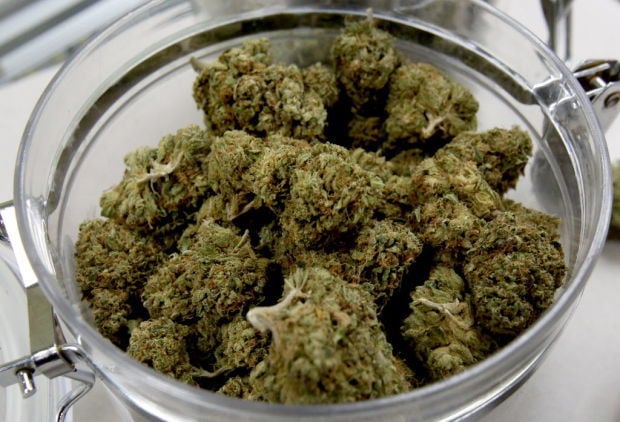PHOENIX — A marijuana advocacy group is challenging limits imposed by state Health Director Will Humble on how and when patients with post-traumatic stress disorder can legally use the drug.
In a lawsuit filed in Maricopa County Superior Court, the Arizona Cannabis Nurses Association claims Humble had no right to determine that doctors can recommend the drug only if a patient already is getting some other form of treatment for PTSD.
The group also wants Judge Crane McClennen to rule Humble cannot limit drug use solely to treat the symptoms of PTSD, and not in any effort to actually deal with the condition.
Humble defended the limits, saying all the evidence presented to him was that marijuana helps patients deal only with the symptoms of PTSD.
The lawsuit is an outgrowth of the 2010 voter-approved Arizona Medical Marijuana Act, which allows the use of the drug by patients suffering from a list of specific medical conditions, ranging from glaucoma and AIDS to any chronic or debilitating condition that leads to severe and chronic pain.
So far, nearly 53,000 people have qualified under the existing list of conditions to buy up to 2½ ounces of marijuana every two weeks.
The law, however, also requires Humble to consider requests for expanding the list of conditions for which doctors can recommend marijuana.
While initially rejecting pot use for PTSD, he finally agreed in July after finding some scientific evidence that it does help some people deal with the condition. There also was anecdotal testimony, including by those diagnosed with PTSD, that smoking the drug helps.
“But I’ve never seen anything that says it’s an effective treatment,” Humble said. And without such evidence, Humble said he had to limit his approval to “palliative care.”
For the same reason, Humble said he wanted proof that someone was already being treated for PTSD — even if it was just counseling sessions — before allowing a doctor to conclude that marijuana would be helpful.
He said what the association wants is not justified.
“I wouldn’t have approved it for PTSD unconditionally because there’s no evidence that it’s a treatment that I see,” Humble said. “There is some evidence that shows it can provide some relief from symptoms.”
Humble acknowledged there are no such limits on how and when a doctor can recommend marijuana for those other conditions spelled out in the 2010 law. He said that was a decision voters were entitled to make.
But Humble said the voters also directed him to add new conditions only with evidence that the drug helps that specific condition. And that, he said, empowers him to place limits on those additions.
Attorney Ken Sobel, representing the association, also wants McClennen to rule that Humble acted beyond his authority in delaying the change until next year.
No date has been set for a hearing.





